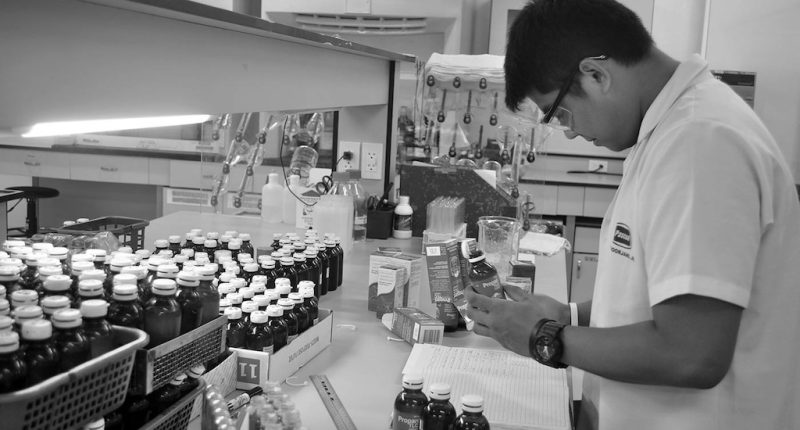-
The Philippine industrial sector – driven by growing demand in logistics, cold storage, and manufacturing – is a bright spot in the real estate sector, according research and consultancy firm Santos Knight Frank
-
In its Metro Manila Property Market Report for the first half of 2025, the firm said sustained growth in physical retail and e-commerce propels demand for more warehouses and fulfillment centers
-
Cold storage is expanding with both the government and private sector investing in facilities to strengthen food security
-
In manufacturing, demand for more production facilities are largely driven by growth in the shipbuilding, electronic vehicles, and pharmaceutical industries
The Philippine industrial sector, driven by growing demand in logistics, cold storage, and manufacturing, is a bright spot in the real estate sector as other areas such as residential and office spaces are facing challenges and volatility, according research and consultancy firm Santos Knight Frank.
In its Metro Manila Property Market Report for the first half of 2025, the firm said sustained growth in physical retail and e-commerce propels demand for more warehouses and fulfillment centers.
“Third party logistics firms continue to expand their geographic reach and have been setting up more sites nationwide,” Santos Knight Frank said.
“Despite challenges impacting consumers’ purchasing power, the retail property market remains a key component in the Filipino lifestyle. This is made true with malls continuously being more experiential – from accessing government services, to attending mass, and enjoying recreational activities – keeping physical retail projects relevant despite the greater adoption of e-commerce,” said Toby Miranda, director and head of Investment & Capital Markets.
READ: Logistics investments rising in PH
Cold storage, meanwhile, is expanding with both the government and private sector investing in facilities to strengthen food security.
The Department of Agriculture is allocating P3 billion for cold storage projects nationwide in a bid to prolong the life of fresh produce and help in stabilize prices in between harvest seasons.
Santos Knight Frank also cited AyalaLand Logistics Holdings Corp.’s (ALLHC) continued expansion of their cold storage portfolio this year with the acquisition of two sites from 3M Philippines, one in Pangasinan and another in Iloilo.
In manufacturing, demand for more production facilities are largely driven by growth in the shipbuilding, electronic vehicles, and pharmaceutical industries.
Aboitiz Infracapital (AIC), for one, is expecting major locators to take up space in their Cebu, Batangas, and Tarlac estates.
AIC’s West Cebu Estate is targeting the growing shipbuilding sector while its LIMA Estate in Batangas is in talks with over 20 prospective locators from manufacturers of electronics, automotive, and consumer goods. On the other hand, AIC’s TARI 384-hectare (ha) estate in Tarlac has reportedly signed up a food manufacturing company for a 40-ha spot.
READ: LIMA, House of Investments collaborate to expand TARI Estate
The 30-ha Victoria Industrial Park (VIP), located in Tarlac beside the Tarlac–Pangasinan–La Union Expressway, is expecting 20 locators by 2026.
The VIP, launched in May 2025, is the country’s first pharmaceutical-focused special economic zone. It will have a satellite laboratory of the Food and Drug Administration to ease the market entry of new products from locators.
“To attract more locators, heeding the stronger call for improving the Philippines’ competitiveness is critical. Lower tariffs is just one step in making the Philippines the industrial destination of choice that the government envisions it to be,” the research firm said.









